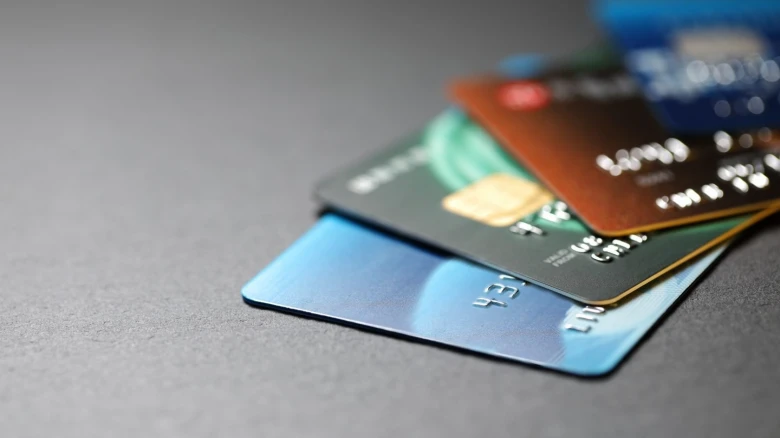Article

Applying for a credit card includes accepting a lot of terms and conditions, and if approved, you will receive a long cardholder agreement in the mail.
Digital Desk: Credit cards are a great asset, but they sometimes include several fees that, if you skip a payment, go over your limit, or do anything else but make regular purchases, may add up to a lot of money.
Credit cards are now a need for living a modern lifestyle due to their widespread use following the demonetisation. Cardholders can choose between paying in full for things, taking out EMIs, or repaying their loans.
Applying for a credit card includes accepting a lot of terms and conditions, and if approved, you will receive a long cardholder agreement in the mail. These materials include a list of all fees that could be charged when using a credit card. It's important to be aware of the various expenses you could incur to either minimise or fully avoid them.
You can avoid the costs listed below by following the instructions.
Annual charge: The annual charge is not, in fact, a "hidden" charge. The cost of the yearly fee varies depending on the card and is applied once a year. A credit card will never have an annual or joining charge if it is given away for free by a bank on occasion. Simply choose an annual fee card if you want to avoid paying an annual cost. You can choose to seek a retention offer or downgrade to a card with a lower or no annual fee if you currently have an annual fee card.
Rate of Interest: Interest is charged if you don't pay off the entire balance on your credit card each billing cycle. Your annual percentage rate and the amount of interest you pay are detailed in your cardholder agreement. However, this is only valid if you do not pay the full amount owed. The simplest way to avoid interest is to make a full payment on your bill each month. If you can't pay your payment in full, cut back on your spending or choose a credit card with a 0% APR that doesn't charge interest for up to 21 months.
Fee for going over your credit limit: Depending on the type of credit card you have, you may or may not be able to go over your credit limit. Banks don't let this without charging you a hefty amount as an over-limit fee. The majority of banks have an Rs. 500 minimum fee.
International transactions: Even though credit card issuers brag about how widely their cards are accepted, they rarely emphasise the fact that there are additional fees for international transactions, sometimes known as a foreign currency markup tax. The fee varies by card and is frequently calculated as a percentage of the transaction value. If you have mediocre credit and want to prevent this, think about getting a credit card with no international transactions.
Late payment fee: If you are unable to pay the full amount due, banks will give you the option of paying the minimum amount; but, if you are also unable to do so, the bank will assess a late payment fee. Your statement balance will be used to determine how much to charge. By paying the full amount of the bill or the minimum amount due on or before the due date, this can be prevented.
Leave A Comment